Richard Okorogheye death: Family reject apology from Met Police
- Published
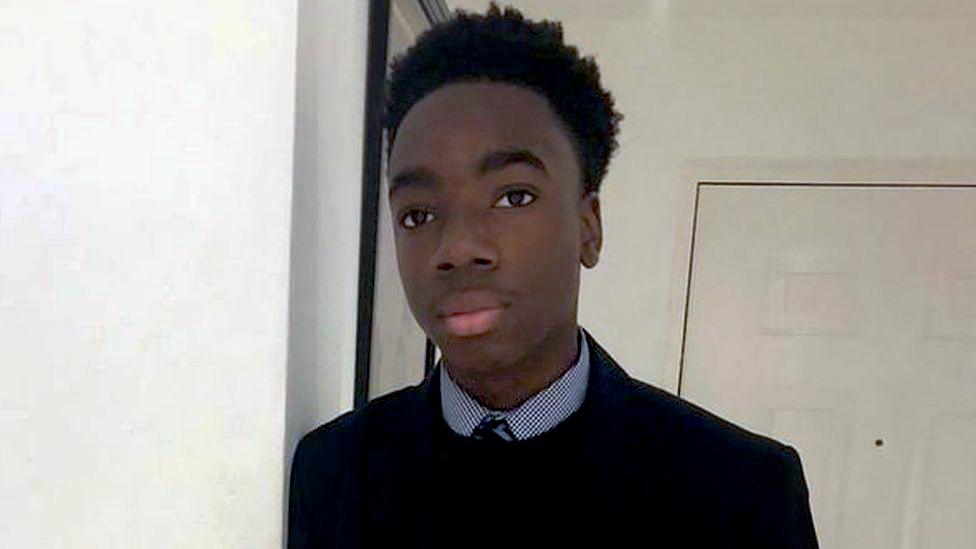
Richard Okorogheye had sickle cell disease and left home without his medication
The family of Richard Okorogheye has rejected an apology from the Met Police over failings in the handling of initial reports that he was missing.
The body of the 19-year-old was found in Epping Forest, two weeks after he went missing from his home in west London, on 22 March 2021.
The police watchdog found officers provided "an unacceptable level of service" after he went missing.
Mr Okorogheye's mother has said the apology from the Met "is not accepted".
In a statement she said the investigation by the Independent Office for Police Conduct (IOPC) "has confirmed what I always knew - in the darkest period of my life, I was dismissed by multiple Metropolitan Police staff at all levels of seniority and my son's disappearance was not taken seriously".
She added: "It is a matter of deep regret to me that despite both the IOPC and Metropolitan Police concluding that the performance of three police officers, including an inspector, and three call handlers fell short of the standard expected, nobody will face misconduct proceedings."
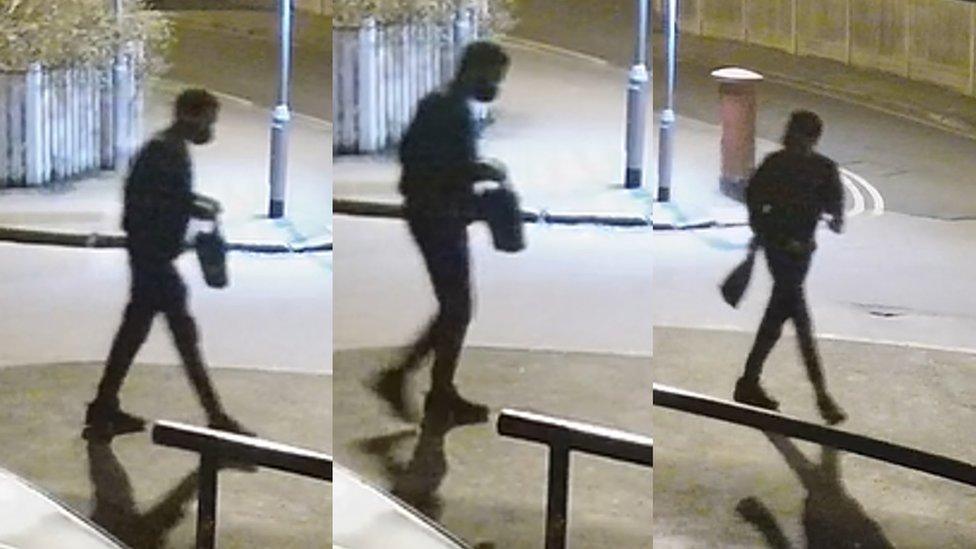
CCTV images showed Mr Okorogheye on 23 March walking alone towards Epping Forest
IOPC investigators examined complaints from Mr Okorogheye's mother Evidence Joel about how she was treated during the calls.
The investigation completed last month, concluded that "overall, officers provided an unacceptable level of service to Evidence Joel when she reported her son was missing and that the force should apologise."
Richard was first reported missing on 23 March last year and his body was recovered from a lake in Epping Forest nearly a fortnight later, on 5 April.
Evidence gathered by the IOPC indicated police failed to correctly record the teenager's medical condition after they were told he had sickle cell anaemia.
This and other information should have been passed on sooner to the relevant team, the IOPC said.
Findings included one in which Ms Joel was told words to the effect of: "If you can't find your son, how do you expect us to?"
She believed racism underpinned some of the treatment she received and that police were too slow to classify Richard as missing, the IOPC said.

The IOPC's investigation found that:
Mr Okorogheye should have been classed as a missing person earlier and he was classed as low risk for too long. It was 27 March before the risk level was increased to medium and then high
A call handler inaccurately recorded Mr Okorogheye's condition as anaemia rather than sickle cell anaemia on the initial police report
Two other call handlers failed to update an inspector that Mr Okorogheye's condition was sickle cell anaemia, as they believed there was no significant difference between the two conditions in terms of risk
The inspector who made the initial assessment Mr Okorogheye was "not missing" did follow local guidance but, given his mother had reported that he left home without his medication, he did not accurately record and explain why his condition was not considered to be an immediate health risk
A constable failed to add to the missing person report concerns raised by Richard's GP about the risks his condition posed to him. The officer assumed this was not new information

Deputy assistant commissioner for the Met, Bas Javid, said: "I would like to apologise for the distress caused by the substandard level of service, as highlighted by the Independent Office for Police Conduct.
"It is clear the service we provided in the days following Richard's disappearance was not at a level the public would expect of us, which included Richard not being classified as a missing person.
"His risk not being upgraded sooner; the communications with his mother not being as informative and precise as they could have been and, regrettably, an insensitive and inappropriate comment made by one of our officers."

Follow BBC London on Facebook, external, Twitter , externaland Instagram, external. Send your story ideas to hellobbclondon@bbc.co.uk, external
Related topics
- Published9 July 2021
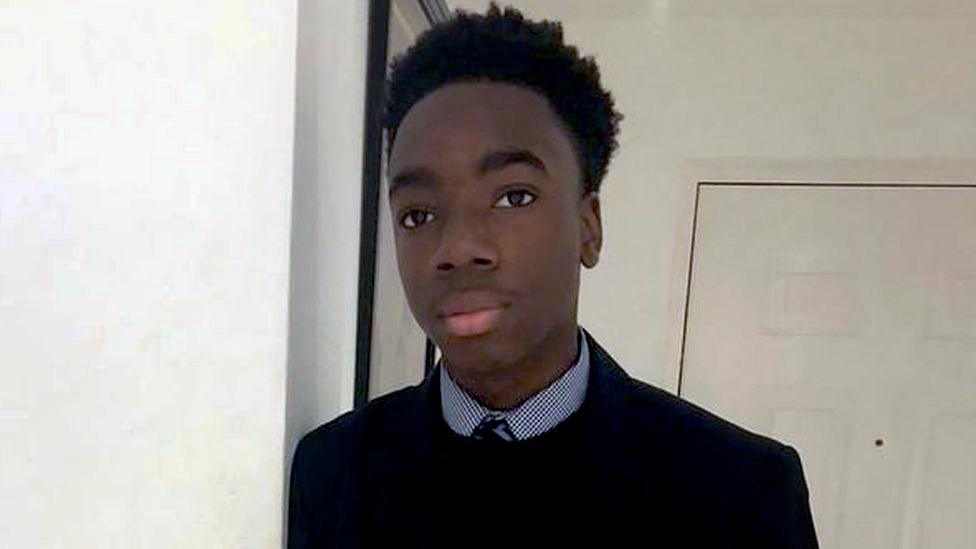
- Published6 April 2021
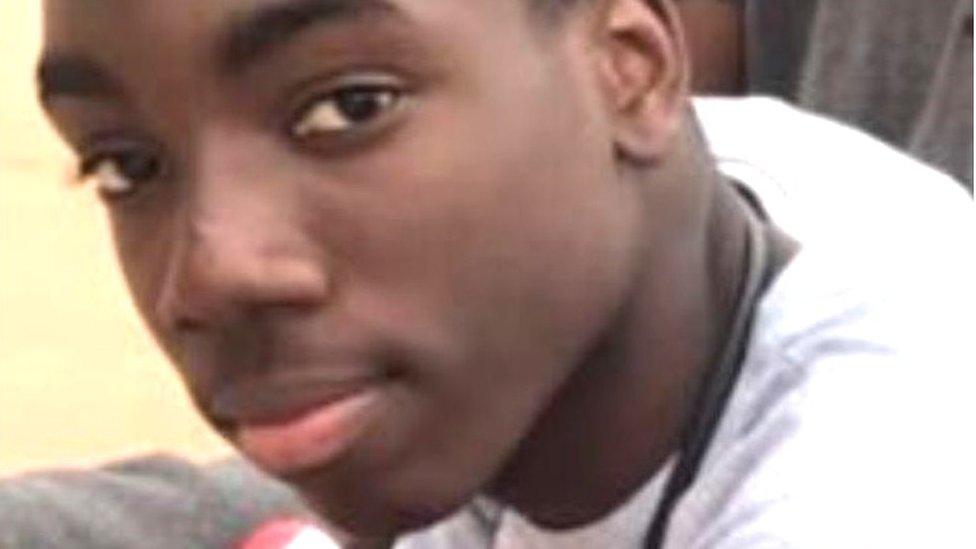
- Published8 April 2021
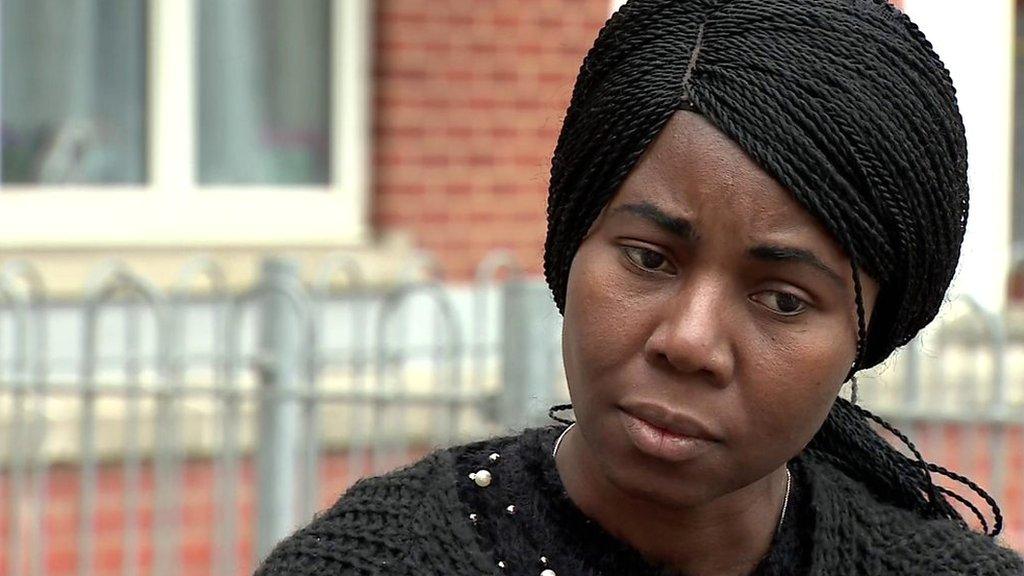
- Published7 April 2021

- Published7 September 2021
